President Donald Trump in the Oval Office at the White House, on Wednesday, September 3, 2025
Donald Trump and Vladimir Putin are on the same page again.
The US and Russian presidents are now both singling out Europe as stasis envelops efforts to end the Ukraine war three weeks after their high-profile but low-impact summit in Alaska.
Trump called on Europe to do more in a call with European leaders on Thursday — even though the only incremental diplomatic activity to do with the war is coming from US transatlantic allies as they try to work out security guarantees to protect Ukraine after any peace deal.
The latest twist in the president’s erratic Ukraine diplomacy came a day after he told reporters he planned to speak with Putin again soon so he could work out “what we’re going to be doing.” He refused to say whether he’d sign off on severe direct sanctions on Russia if Putin continued to slow his peace initiative after the Russian president ignored repeated two-week deadlines, the latest of which expires on Friday. “Whatever his decision is, we’ll either be happy about it, or unhappy. And if we’re unhappy about it, you’ll see things happen,” Trump said in the Oval Office on Wednesday.
Trump did speak to Volodymyr Zelensky on Thursday, along with the other European leaders. The Ukrainian president said afterward that the conversation covered economic pressure on Russia and “depriving Russia’s war machine of money.”
But the message from the US side after the conversation faulted the Europeans more than Russia.
Trump “emphasized that Europe must stop purchasing Russian oil that is funding the war — as Russia received €1.1 billion in fuel sales from the EU in one year,” a White House official said after the call. “The president also emphasized that European leaders must place economic pressure on China for funding Russia’s war efforts,” the official said.
On one hand, Trump has a point. Given the grave security threat that European nations perceive from Russia, it’s odd that there would be any European Union countries still buying Russian energy at a time when the West has imposed sanctions to try to debilitate Moscow’s economy over its illegal 2022 invasion of Ukraine.
Still, like many of Trump’s positions on the war, his pressure on Europe contains illogical and even hypocritical elements. After all, he’s demanding that Europe take on China over its Russian oil purchases when he’s not prepared to sanction Beijing himself. The United States is locked in trade talks with the Chinese after the president unleashed a trade war with high tariffs despite rather unfavorable US cards. Trump seems loath to do anything that will harm his chances of a deal.
But his stance on Europe mirrors his treatment of another erstwhile friend, India, which is struggling under a 50% tariff on its exports to the United States that Trump justified by its continuing purchases of Russian oil. His move shattered a three-decade-long bid by successive Democratic and Republican presidents to keep India out of the orbit of fellow rising Asian superpower China.
The cost of his strategy was underscored this week when Chinese President Xi Jinping offered Indian Prime Minister Narendra Modi a jovial welcome at a summit of strongman leaders. Modi, meanwhile, spent an hour in Putin’s limousine, in an echo of the Russian leader’s ride in Trump’s Beast armored car during their summit in Alaska three weeks ago.
In any case, hiking pressure on Europe to ease off its purchases of Putin’s oil is unlikely to be decisive. The continent has been taking steps to decrease its dependence on Russian energy as war has raged in Ukraine. Russia was once the largest supplier of petroleum to the EU. But member states have since imposed a ban on maritime oil exports and refined oil products. CNN’s Lauren Kent reported last month that oil imports to Europe fell to $1.72 billion in the first quarter of 2025, down from $16.4 billion in the equivalent period in 2021.
Russia, meanwhile, is intensifying its classic strategy of trying to drive wedges between NATO allies as it seeks to create room for its forces to press for more gains on the frontlines in eastern Ukraine.
During his visit to China, Putin met Slovak Prime Minister Robert Fico and accused Europeans of whipping up “hysteria” over Moscow allegedly planning to attack Europe. “Any sane person is perfectly aware that Russia has never had, does not have, and will never have any desire to attack anyone,” said a Russian president whose forces entered Ukraine in 2014 and 2022.
In Alaska, Putin warned — as he stood side-by-side with a US president who has frequently criticized America’s allies — that Europe should not “throw a wrench in the works” of his diplomacy with Trump.
And earlier this week, the European Commission said a plane carrying its top leader Ursula Von der Leyen was targeted with GPS navigation jamming while landing in Bulgaria on Sunday and that Russia was suspected. Moscow blasted the claim as “fake” and a symptom of European “paranoia.”
In another swipe at Europe this week, Russian Foreign Ministry spokeswoman Maria Zakharova told reporters that Russia found the idea of any deployment of foreign troops to Ukraine in the event of a peace deal “unacceptable.” It was Moscow’s latest effort to scupper a European push for a reassurance force for Ukraine after the war.
There is also no sign of the meeting between Putin and Zelensky that White House officials confidently predicted would take place as soon as two weeks ago. Putin did offer to hold talks in Moscow. But since it would be impossible for Zelensky to feel secure in such a venue, this came across as yet another example of obstruction.
Trump had once suggested he’d be involved as a third party in such talks, but he’s reverted to the Russian position that a one-on-one should happen first. Ukraine’s allies worry that Putin would orchestrate a confrontation in a bilateral meeting that he could then use to argue to Trump that Zelensky had sabotaged the process.
There was one glimmer of progress on Thursday — even if it is conditional on the long-shot success of a Trump peace initiative that stalled before it really got going.
Following the call between Trump, Zelensky and members of the “Coalition of the Willing” Ukrainian allies, French President Emmanuel Macron said that 26 countries had pledged contributions to a potential peacekeeping force if a ceasefire deal is finalized.
Macron said that, alongside strengthening Ukraine’s armed forces and deploying European troops to Ukraine, the third component of Ukraine’s security guarantees ought to be an “American safety net.” The US has told allies it is open to a limited role in providing security guarantees to Ukraine if a peace deal is reached with Russia.
At the end of another week of very little movement toward peace in Ukraine, it’s no wonder, as CNN’s Alayna Treene reported, that Trump is getting frustrated.
But there are few signs that he’s got a big idea to break the logjam.(CNN)
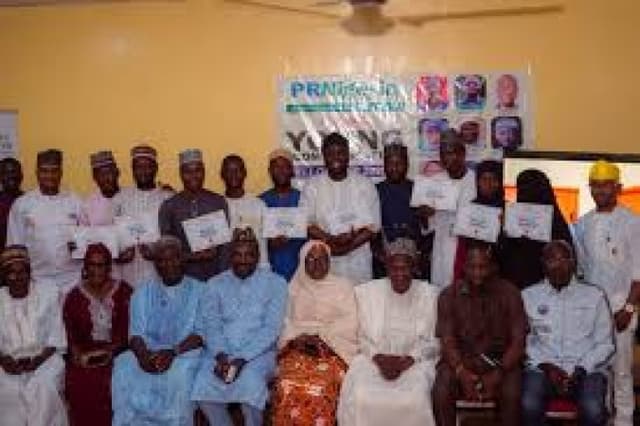

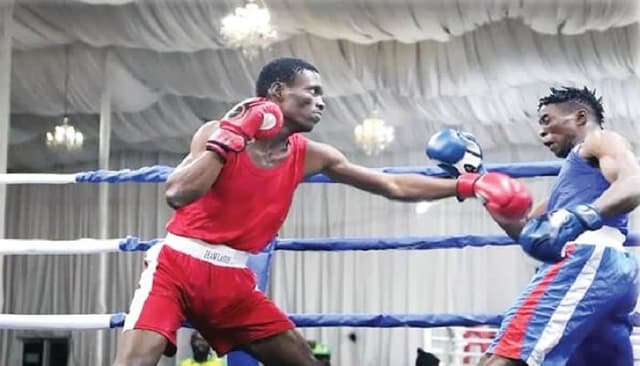


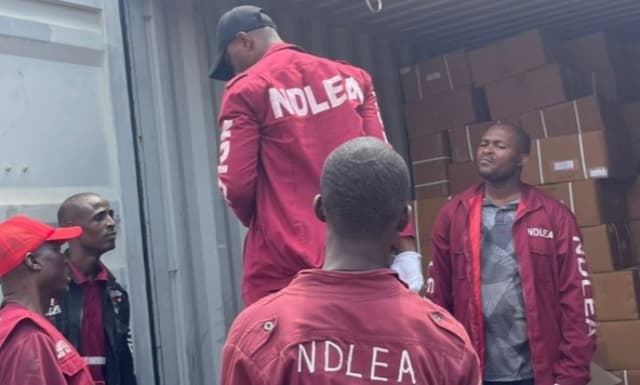

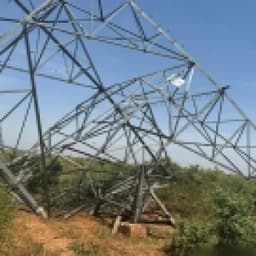
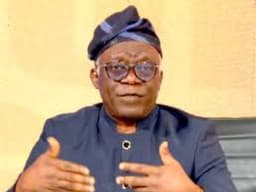



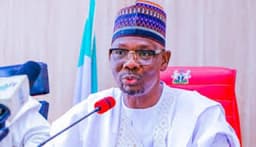




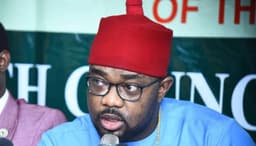
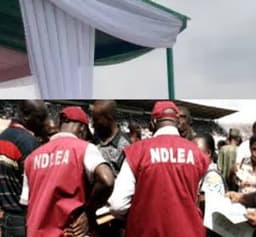



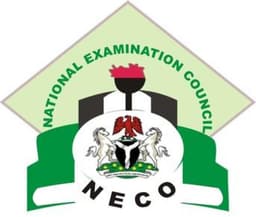



NEWS EXPRESS is Nigeria’s leading online newspaper. Published by Africa’s international award-winning journalist, Mr. Isaac Umunna, NEWS EXPRESS is Nigeria’s first truly professional online daily newspaper. It is published from Lagos, Nigeria’s economic and media hub, and has a provision for occasional special print editions. Thanks to our vast network of sources and dedicated team of professional journalists and contributors spread across Nigeria and overseas, NEWS EXPRESS has become synonymous with newsbreaks and exclusive stories from around the world.